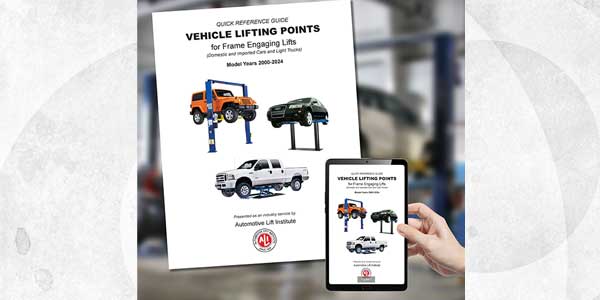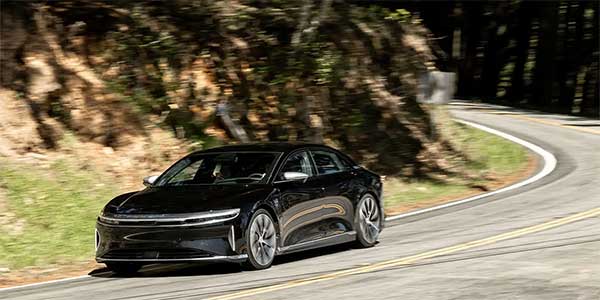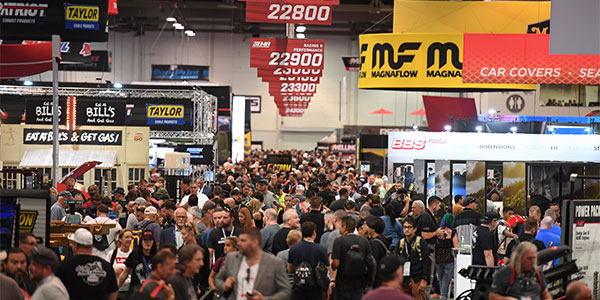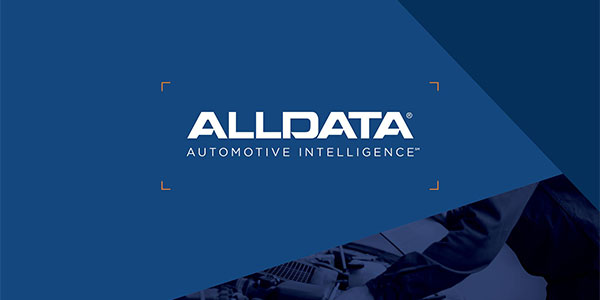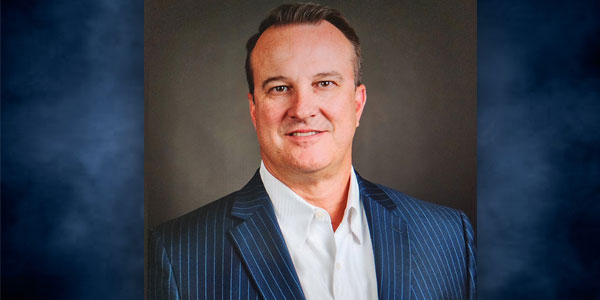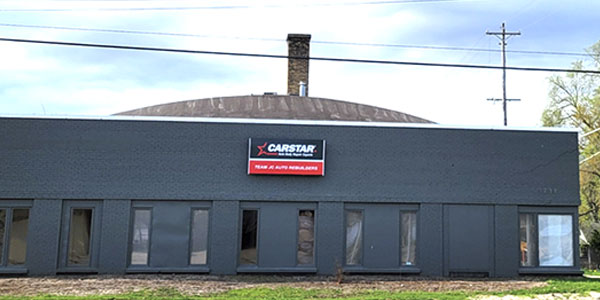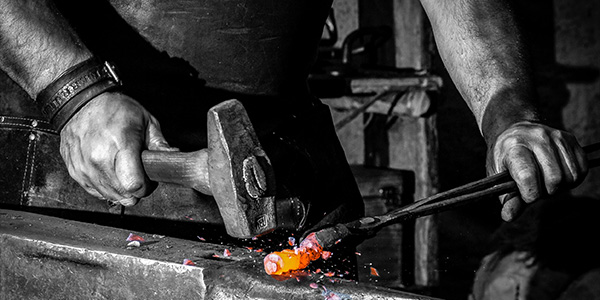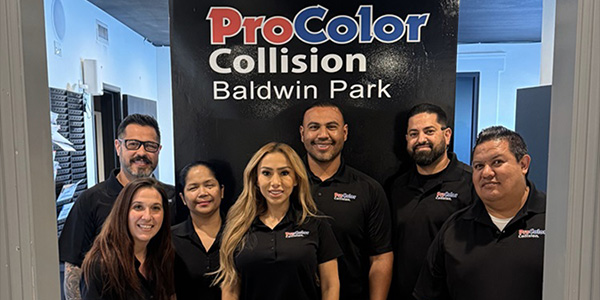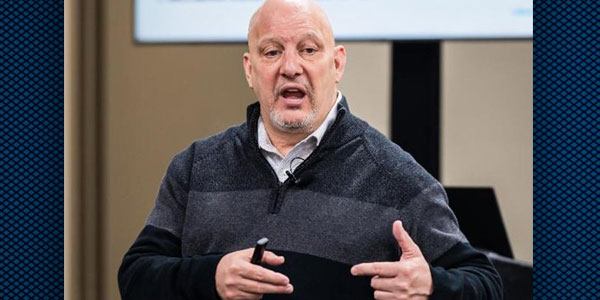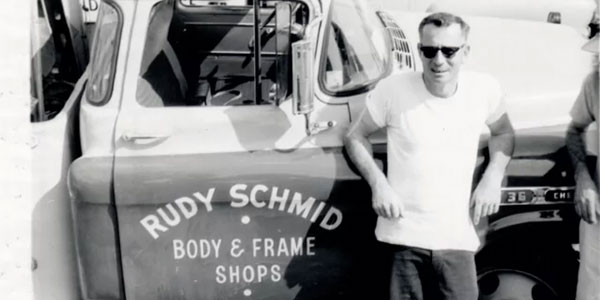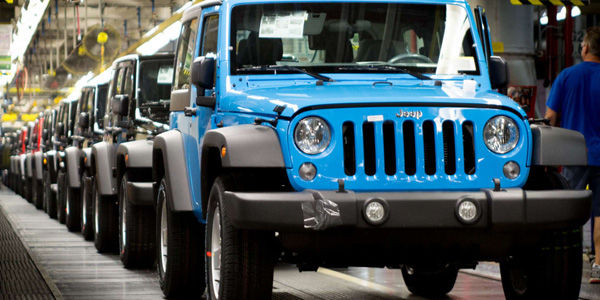
Two proposed policy changes – imposing a border adjustment tax and withdrawing from the North American Free Trade Agreement (NAFTA) – likely would fail to achieve their goal of reversing the trend of offshoring manufacturing to low-cost countries and could potentially hurt the U.S. auto industry, according to a new study by the Boston Consulting Group.
The study, commissioned by the Motor & Equipment Manufacturers Association and conducted independently by the Boston Consulting Group this spring, examined the real-world implications of a border tax and changes to NAFTA on the automotive sector.
The study concluded that car prices, vehicle sales, supply chain decisions and industry employment all could take a hit from the proposals.
“Vitality in the motor vehicle sector hinges on a globally integrated supply chain,” said Xavier Mosquet, a Detroit-based senior partner at the Boston Consulting Group and the lead author of the study. “By introducing new tariffs, a border tax and a retreat from NAFTA would greatly impede the industry’s relatively smooth and cost-effective flow of goods across borders in North America and around the world.”
Analyzing the implications of a 15 percent border adjustment tax on the auto industry, the study found that the U.S. automakers and suppliers would pay $34 billion in import taxes annually while realizing only $12 billion in export benefits. That translates into an average $1,000 increase in per-vehicle manufacturing costs at the top 12 OEMs selling cars in the United States.
A 20 percent border adjustment tax would add an average of $1,800 to per-vehicle production costs, according to the study.
The study found that the MSRP of a $29,693 automobile assembled and sold in the United States would increase by about $450 if a 15 percent tax were put into effect.
To minimize the impact on their spending and hit a price point they can afford, consumers likely would forgo vehicle features such as safety and advanced driver-assist systems, the study concluded.
In place of NAFTA, some policymakers have called for tariffs on vehicles and auto parts coming into the United States from Canada and Mexico, ostensibly as a way to protect automotive-related jobs and to encourage vehicle manufacturers to build or expand plants in the United States.
However, the study found that U.S. tariffs in the range of 20 percent to 35 percent would add $16 billion to $27 billion to automotive costs in the U.S. market.
The OEM that’s most reliant on imports would see its per-vehicle costs rise by an average of $1,100, while the OEM least dependent on imports would face an average $100 markup per vehicle, according to the Boston Consulting Group’s analysis. The subsequent reduction in supplier content could result in the loss of as many as 50,000 jobs in the U.S. supply chain.


